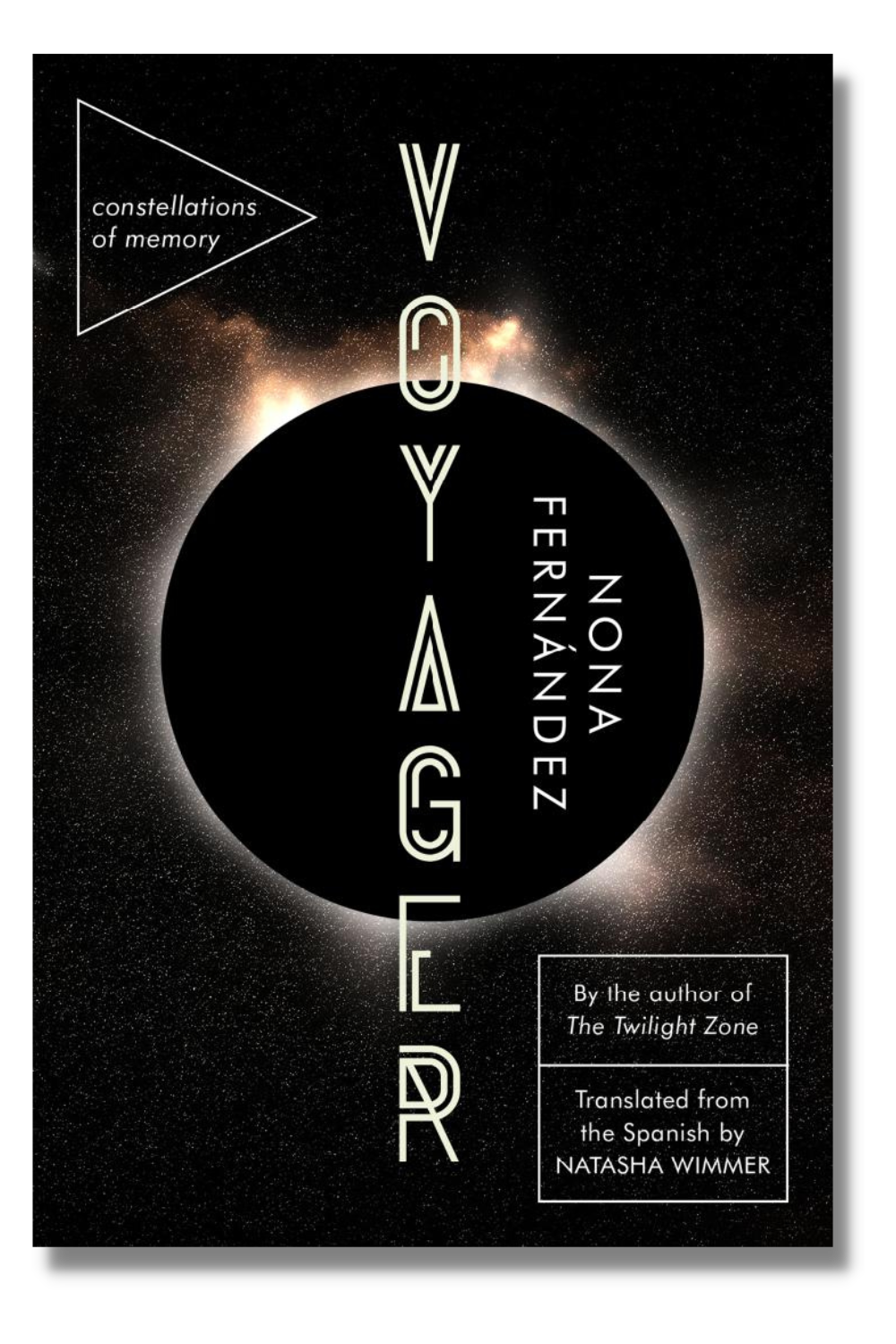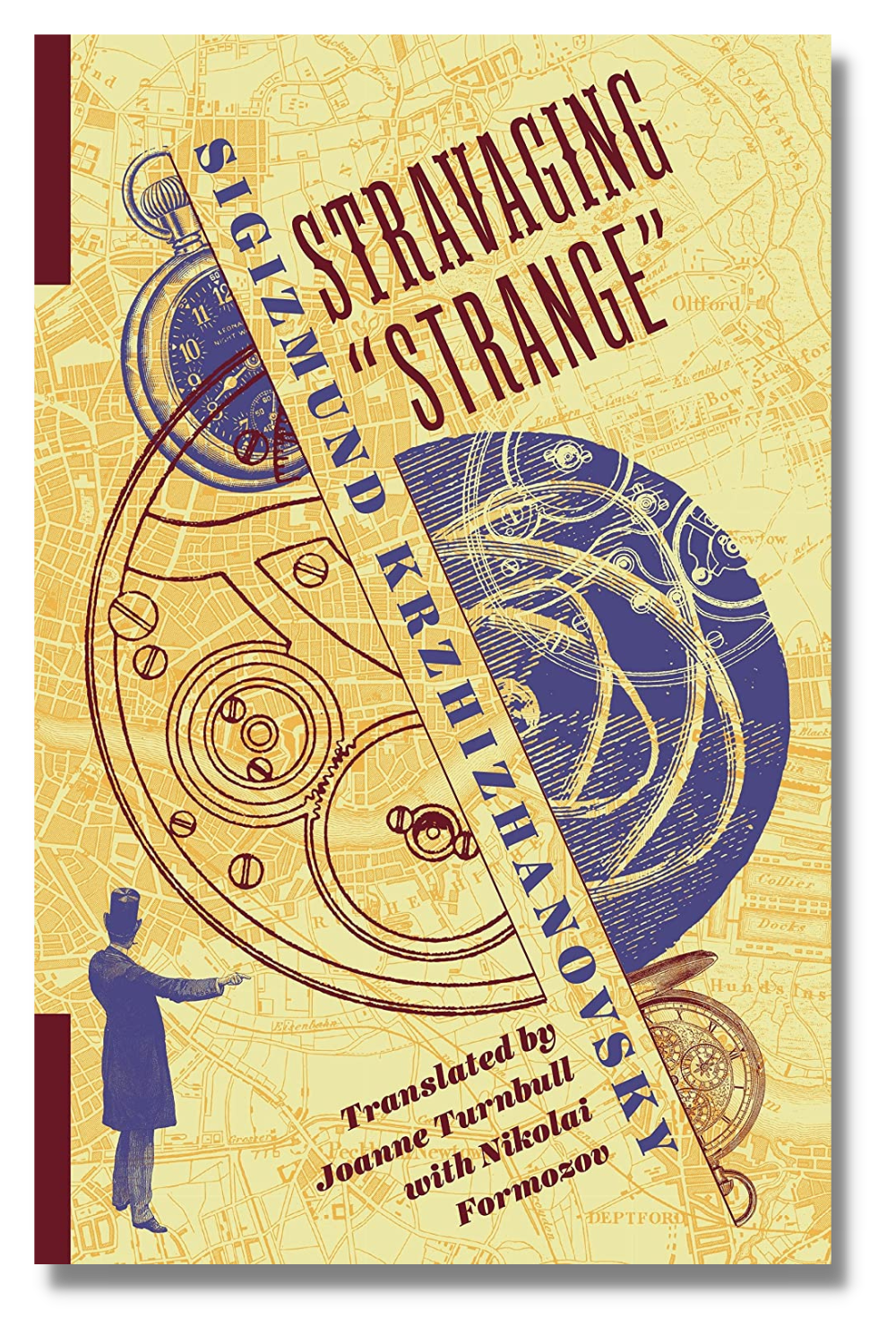From Feminist Press | Sweetlust by Asja Bakić, translated from the Croatian by Jennifer Zoble | Fiction | 168 pages | ISBN 9781952177729 | US$16.95
What the publisher says: “Asja Bakić deploys the speculative and weird to playfully interrogate conversations around artificial intelligence, gender fluidity, and environmental degradation. Once again Bakić upends her characters’ convictions and identities—as she did in her acclaimed debut Mars—and infuses each disorienting universe with sly humor and off-kilter eroticism.”
What the Brooklyn Rail says: “In these ten stories, Asja Bakić writes with rare wit about lust, love, science, the climate disaster, time travel, and even provides a female take on the sufferings of Goethe’s Young Werther.”
What I say: Asja Bakić’s newly translated collection covers a vast swath of stylistic ground, from atmospheric weird fiction to speculative work that addresses questions of gender and technology. In some cases, and particularly when it comes to time travel, Bakić makes unfamiliar use of a familiar trope. These stories may diverge tonally, but the incisiveness with which they’re written and the perceptiveness with which they explore their subjects makes for a cohesive and satisfying read.
From Amazon Crossing | Black Foam by Haji Jabir, translated from the Arabic by Sawad Hussain and Marcia Lynx Qualey | Fiction | 242 pages | ISBN 9781542034029 | US$28.99
What the publisher says: “Dawoud is on the run from his murky past, aiming to discover where he belongs. He tries to assimilate into different groups along his journey through North Africa and Israel, changing his clothes, his religious affiliations, and even his name to fit in, but the safety and peace he seeks remain elusive.”
What Publishers Weekly says: “Jabir’s picaresque English-language debut introduces enigmatic antihero Dawoud, a habitual liar on the scale of Scheherazade, who weaves deceptions for his survival . . . Though Dawoud’s endless drifting tends to undermine any narrative traction, Jabir adds depth by portraying him as a spiritual searcher, making his association with the Palestinians all the more tragic.”
What I say: There’s something disorienting about reading Haji Jabir’s novel Black Foam. (That’s meant as a compliment.) In Dawoud’s relentless quest for stability, Jabir creates a sense of a man whose identity is in constant flux and who is willing to sacrifice nearly everything to obtain the safety that others take for granted. The result is a propulsive work of fiction with an undercurrent of tragedy.
From Graywolf Press | Voyager by Nona Fernández, translated from the Spanish by Natasha Wimmer | Nonfiction | 136 pages | ISBN 9781644452172 | US$15.00
What the publisher says: “Weaving together the story of her mother’s illness with the story of her country and of the cosmos itself, Fernández braids astronomy and astrology, neuroscience and memory, family history and national history into this brief but intensely imagined autobiographical essay. Scrutinizing the mechanisms of personal, civic, and stellar memory, she insists on preserving the truth of what we’ve seen and experienced, and finding ways to recover what people and countries often prefer to forget.”
What Publishers Weekly says: “After her mother began having fainting spells, Fernández took her to see a neurologist who performed a brain scan. The image produced, of countless neural networks and synapses, reminded Fernández of celestial constellations—‘an imaginary chorus of stars twinkling softly in my mother’s brain’—and ignited in Fernández a fascination with deep space.”
What I say: With Voyager, Nona Fernández isn’t exactly thinking small. This is a book that incorporates quiet familial moments along with astronomical history and scientific ruminations on the wider universe. The headiness of Fernández’s ambition is something to behold, and the formal innovations throughout make for a compelling interstellar journey.
From Columbia University Press | Stravaging “Strange” by Sigizmund Krzhizhanovsky, translated from the Russian by Joanne Turnbull with Nikolai Formozov | Fiction | 224 pages | ISBN 9780231199476 | US$17.95
What the publisher says: “Virtually unknown during his lifetime and unpublishable under Stalin, [Krzhizhanovsky] now draws comparisons to Beckett, Borges, Gogol, and Swift. This book presents three tales that encapsulate Krzhizhanovsky’s gift for creating philosophical, satirical, and lyrical phantasmagorias.”
What Seattle Book Review says: “Overall, this volume of Krzhizhanovsky’s surrealistic fiction won’t suit casual readers. It is definitely equal to the comparisons to Kafka. But it’s also a richly rewarding read with great depths to mine for the dedicated reader.”
What I say: My first exposure to Sigizmund Krzhizhanovsky’s writing came via his novel The Return of Munchausen, which juxtaposed political satire with a metafictional playfulness. The three works collected in this volume crank the latter way up; here, Krzhizhanovsky takes the reader through realms of magic and science alike. It’s like little else you’ll encounter anywhere—politically resonant fables where people and places turn malleable at a moment’s notice.
Copyright © 2023 by Tobias Carroll. All rights reserved.
Looking for more reading suggestions? Check out Tobias Carroll’s recommendations from last month.
Disclosure: Words Without Borders is an affiliate of Bookshop.org and will earn a commission if you use the links above to make a purchase.















